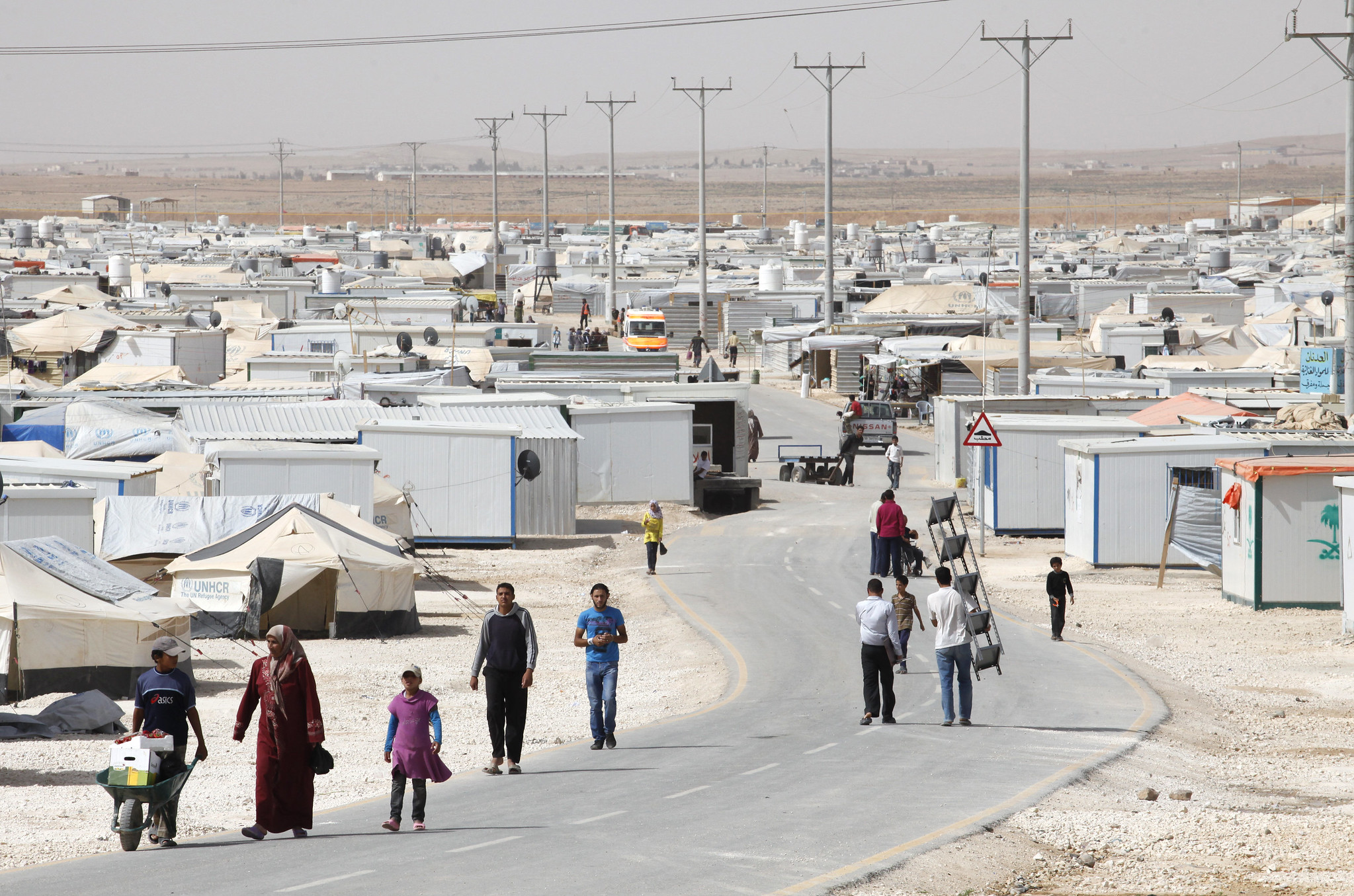Jordan Invests in Better Employment Matching for Job-Seekers

A young Muslim woman at work. © Liubomir – stock.adobe.com
Job displacement is a major hardship faced by refugees. More than 700,000 Syrian refugees have migrated to Jordan since 2012, largely to urban areas, where finding work remains a challenge. In response, the Jordanian government offered 200,000 work permits to refugees in 2016. However, to maximize limited opportunities for both refugees and unemployed Jordanians, jobs need to be appropriately targeted using labor market constraints and participant characteristics (such as age, gender, job experience, education, etc.).
To address the job-matching challenge, Stefano Caria, Grant Gordon, Max Kasy, Simon Quinn, Soha Shami, and Alex Teytelboym tested a novel targeting method called, “adaptive targeted treatment allocation.” With a competitive grant from CEGA’s Targeting Aid Better Initiative, the research team developed an algorithm that adaptively targets policy interventions to maximize the welfare of participants. The experiment made use of the International Rescue Committee’s job-matching platform, Project Match, and explored how interventions such as cash transfers, psychological support, and information could improve employment outcomes.
In 2022, the Jordanian Ministry of Labor and the World Bank launched the National Employment Programme (NEP) that builds on the research team’s work with Project Match. Also known as Tasgheel, meaning “employment,” it closely resembles Tashbeek, or “matching,” the name of Project Match’s job-matching platform. In particular, the research team’s approaches to registering and matching job-seekers was directly adopted by Tasgheel after the team provided open-source code and communicated findings with the Ministry of Labor and the World Bank at two separate dissemination events.
The government also adopted the platform in combination with cash packages for Jordanian job-seekers, mirroring the research team’s most effective intervention, which combined job matching with cash disbursements.
Encouraged by the success of the program, the NEP aims to hire 63,000 new employees, with the help of 2,000 private-sector firms. A third of these hires will be women and half will be youth ages 18-24. The adoption of the findings demonstrates how adaptive targeted experiments can generate relevant and actionable policy information for government decision-makers, enabling them to improve the lives of their citizens and refugees seeking new lives in their adoptive lands.





